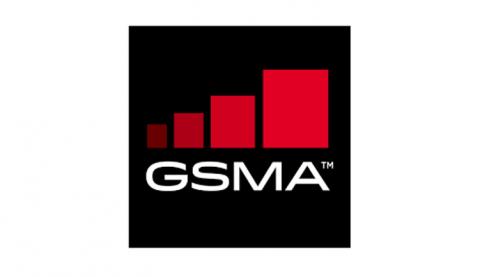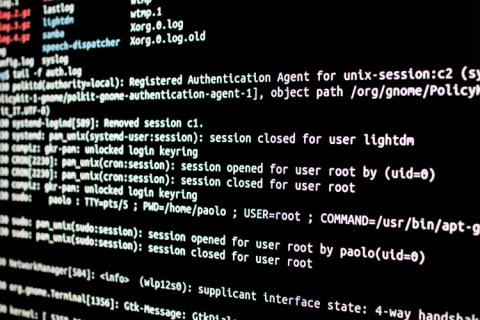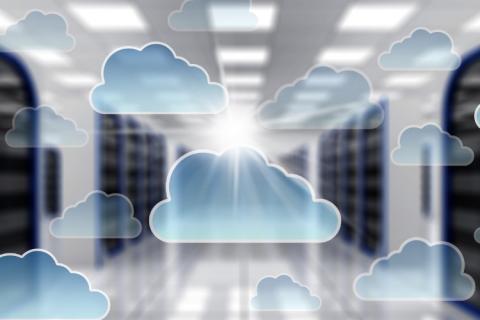Why Security Configuration Management (SCM) Matters
In the Godfather Part II, Michael Corleone says, “There are many things my father taught me here in this room. He taught me: keep your friends close, but your enemies closer.” This lesson Vito Corleone taught his son Michael is just as applicable to IT security configuration management (SCM).










